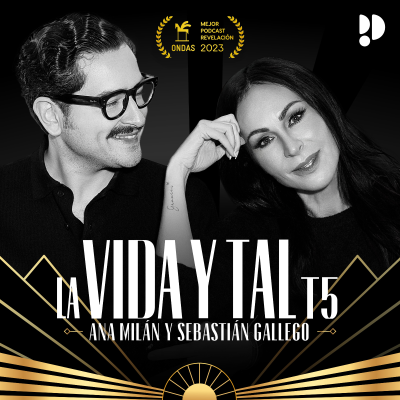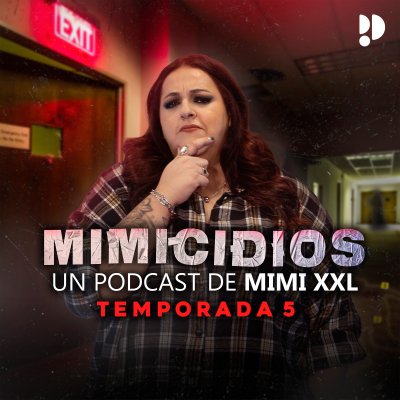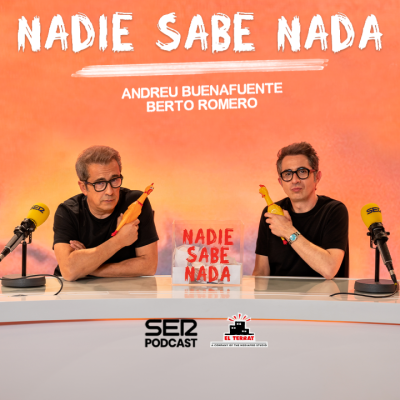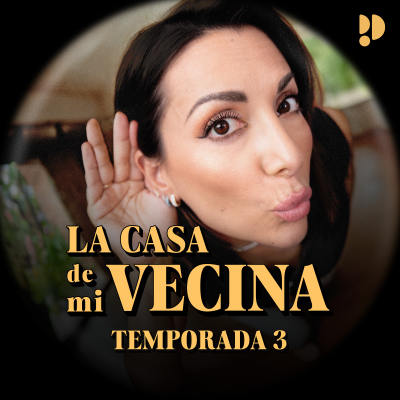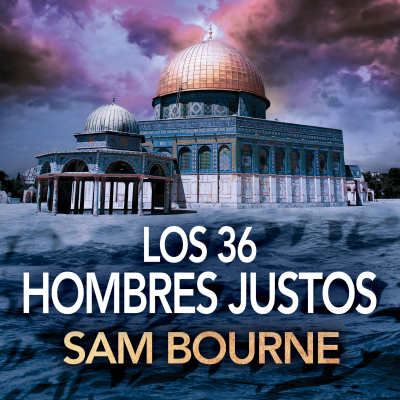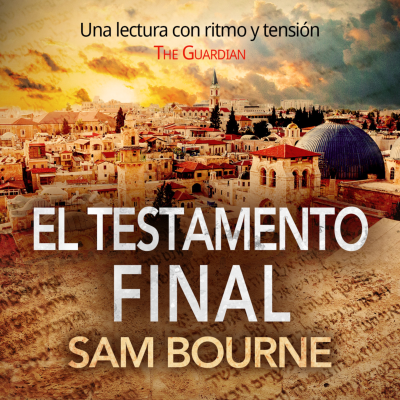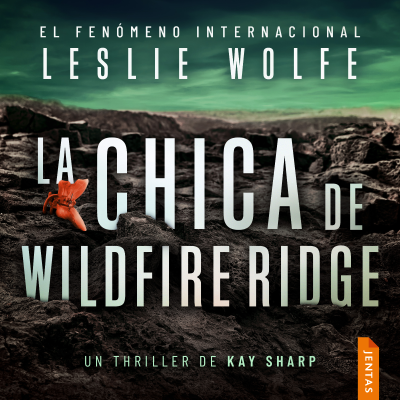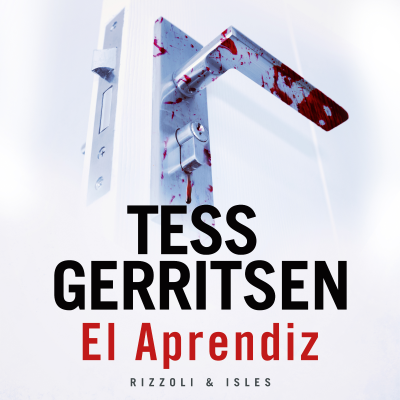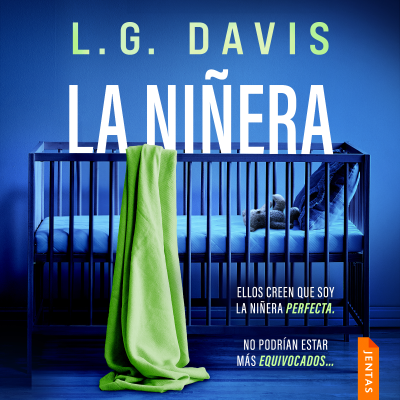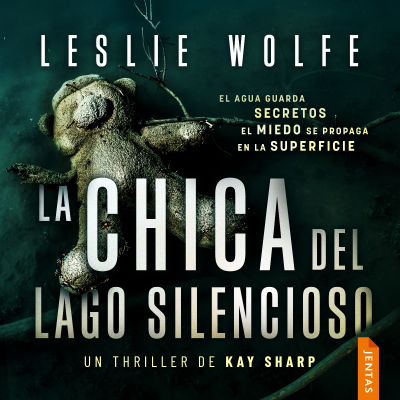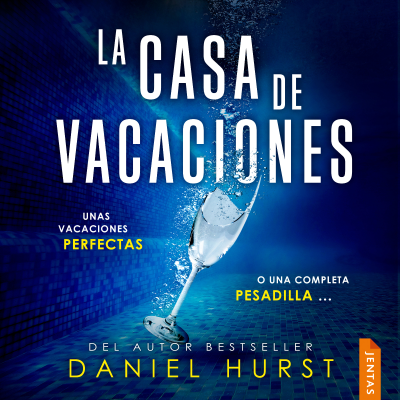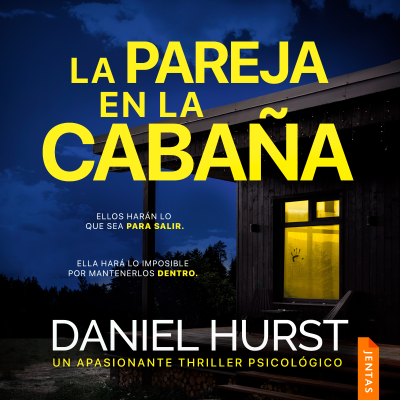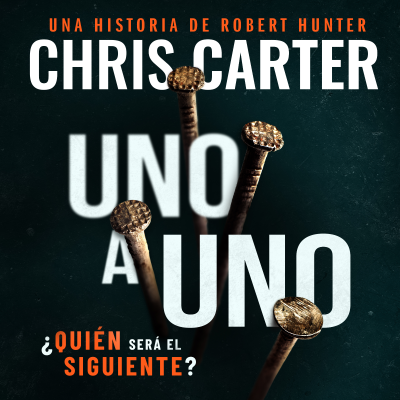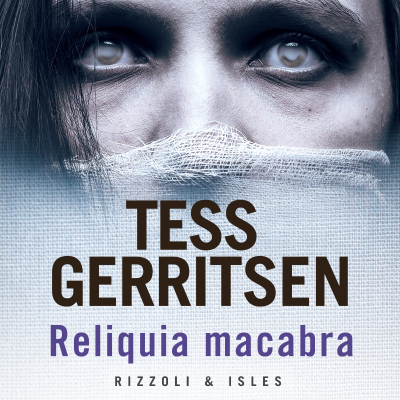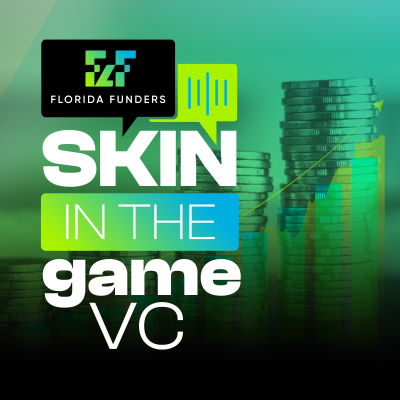
Skin in the Game VC Podcast
Podcast de Florida Funders
Florida Funders Managing Partner and "Skin in the Game VC" podcast host Tom Wallace believes that entrepreneurs are game changers and that the companies they envision, create and build make the world a better place. Florida Funders is a venture capital firm and angel network that invests in early stage technology companies. Traditionally, angel investors have not had equal access to the amount of proprietary, vetted deal flow and investment opportunities like a professional venture investor. This podcast was envisioned to educate, connect and activate accredited investors to get skin in the game and invest like a VC. Hosted on Acast. See acast.com/privacy for more information.
Disfruta 90 días gratis
4,99 € / mes después de la prueba.Cancela cuando quieras.
Todos los episodios
58 episodiosWhat separates the top 1% of venture capitalists from the rest? For Roger Ehrenberg, Managing Partner at Eberg Capital, it’s the ability — and the appetite — to invest before the crowd, before the product is built, and before there’s even proof of concept. In a recent episode of the Skin in the Game VC podcast, Roger joined Tom Wallace and Saxon Baum to share how he turned a late-career pivot into one of the most impressive track records in early-stage venture capital. Roger didn’t come from the startup world. He spent nearly two decades on Wall Street, running billion-dollar trading desks at Citi and Deutsche Bank. From the outside, it looked like a career anyone would want — but for Roger, it had run its course. Tired of internal politics and craving something more entrepreneurial, he walked away. Around the same time, he’d been dabbling in angel investing on the side. That small experiment — backing builders before product-market fit — quickly turned into a full-time obsession. He began writing a blog, Information Arbitrage, to share his thinking publicly. The blog gained traction. Founders started reaching out. Other investors began to follow his thesis. At a time when the idea of a “New York tech ecosystem” was almost laughable, Roger had the clarity to see where it could go — and the conviction to act. By early 2010, he scraped together a $17 million first close. That first fund would eventually land at $50 million, and IA Ventures was born. But the money was only part of the story. What set Roger apart then — and still does — is how early he’s willing to go. He prefers backing companies before the market even knows they exist. In fact, he often writes the first check before there’s a line of code written. This isn’t blind optimism. It’s founder-first investing grounded in deep research and sharp intuition. Roger’s track record speaks for itself. He was an early backer of The Trade Desk when it was just a deck. He seeded Datadog, TubeMogul, and multiple other companies before they became category leaders. The common thread? Founders who could not only see the future but build their way into it. To Roger, great founders share something intangible: what he calls “aesthetic and empathy.” “Great founders understand where their product stops and where the customer starts,” he said. That could mean designing APIs that developers love or building consumer apps that feel inevitable. Either way, the best founders have an intuitive sense of product, user behavior, and market timing. Roger knows how to find them — or maybe, they know how to find him. That’s the power of publishing, he says. His blog didn’t just clarify his thesis — it attracted the right people. It helped him raise a fund when few believed in early-stage investing outside Silicon Valley. Since then, IA Ventures has grown to four funds and backed dozens of successful startups. Roger has since passed the torch to his partners and launched his next chapter: Eberg Capital. Now, he invests alongside his sons in a new wave of innovation — spanning sports, media, entertainment, and the evolving world of fandom. But whether he’s backing a Marlins ownership stake, investing in Formula 1, or writing angel checks to creator economy startups, one thing hasn’t changed: Roger Ehrenberg still goes early. He still backs founders before the world sees their potential. And more often than not, he’s right. Listen to the full episode with Roger Ehrenberg now. ---------------------------------------- Hosted on Acast. See acast.com/privacy [https://acast.com/privacy] for more information.
On the latest episode of Skin in the Game VC, Saxon and Tom sit down with Rohan Shah, co-founder of Extend, for a conversation that blends grit, humor, and sharp insight into building in tech. Rohan shares his journey from growing up in the Bay Area with entrepreneurial parents to launching his first startup out of Stanford, and eventually co-founding Extend—a platform modernizing the extended warranty and protection plan space. He dives into the early challenges of startup life, why his time at BCG taught him how to build for the enterprise, and how a Sunday football lineup and a conversation with a DraftKings exec sparked the idea behind Extend. What started as a playful concept around insuring fantasy sports lineups evolved into a fast-scaling company that now partners with major brands like Peloton and Brilliant Earth. Rohan gets candid about raising $260M from SoftBank during the ZIRP era, making hard calls early, and steering Extend toward profitability. Whether you’re a founder, investor, or just love a great startup story—this one’s worth a listen. ---------------------------------------- Hosted on Acast. See acast.com/privacy [https://acast.com/privacy] for more information.
In this episode of the Skin in the Game podcast, we sit down with Stu Sjouwerman, founder and CEO of KnowBe4, to discuss how he built one of the world’s most successful cybersecurity startups from the ground up. KnowBe4, headquartered in Clearwater, Florida, is a cybersecurity training company focused on mitigating human risk through simulated phishing, user training, and real-time alerts. Today, it generates over $500 million in annual recurring revenue (ARR)—but it started in a 10x10 office, with no external funding. Stu breaks down how he identified a massive market gap: most cyberattacks aren’t due to software vulnerabilities—they’re the result of social engineering and human error. He shares how ransomware attacks in 2013 created a turning point for KnowBe4, propelling the startup into hypergrowth. His strategy? Move fast, market smart, and keep the product simple and sticky. Stu also dives into: * The future of SaaS in the age of AI * How KnowBe4 is evolving into a platform company * Why AI and quantum computing will trigger “company extinction events” * His belief that LLMs are already a commodity, and the future lies in vertical AI agents For founders and VCs alike, the episode offers a wealth of insights on startup scaling, product-market fit, and what investors should look for in repeat entrepreneurs. Whether you're a founder, cybersecurity professional, or angel investor, this conversation with Stu Sjouwerman is a must-listen. ---------------------------------------- Hosted on Acast. See acast.com/privacy [https://acast.com/privacy] for more information.
In the latest episode of Skin in the Game VC, hosts Tom Wallace and Saxon Baum sit down with Jenny Friedman, the solo General Partner of Four Acres Capital, to discuss her path into venture capital, investment strategy, and what’s happening in today’s fast-moving startup world. From Goldman Sachs to Running Her Own VC Fund, Jenny’s journey into venture capital wasn’t linear. After growing up in New York City, attending Horace Mann, and studying at Penn, she began her career in investment management at Goldman Sachs. But she quickly realized that traditional finance wasn’t for her and pivoted to the startup world, joining MiniBar Delivery, a liquor marketplace. This hands-on tech experience gave her the edge she needed to transition into venture capital. While pursuing her MBA at Columbia Business School, Jenny networked relentlessly, eventually landing a role at ENIAC Ventures, a leading seed-stage VC firm. She later joined Supernode Ventures, where she helped raise their first institutional fund. During the pandemic, she took a leap of faith and launched Four Acres Capital as a solo GP, giving her full control over investments and fund strategy. Tune in to hear the full episode. ---------------------------------------- Hosted on Acast. See acast.com/privacy [https://acast.com/privacy] for more information.
What if we could map the Earth—and even the moon—with pinpoint accuracy from space? In the latest episode of Skin in the Game VC, Saxon Baum sits down with Clint Graumann, CEO of NUVIEW, to talk about how his company is making it possible. Clint’s journey into space tech started with a winding road through optical satellites and Earth observation, ultimately leading to NUVIEW and a game-changing focus on space-based LiDAR. LiDAR technology uses lasers to measure distances with astonishing precision, but until now, it’s mostly been limited to airplanes and drones, covering small areas. NUVIEW is taking it global—literally—by putting this technology into satellites to collect data on a planetary scale. Clint doesn’t just see LiDAR as a tool for Earth. With NUVIEW’s recent selection for a European Space Agency mission to map the moon, the company is helping humanity take its next big step toward understanding and utilizing space. This episode isn't just about LiDAR. Clint offers his insights on the state of the space industry, comparing it to “the first inning, bases loaded, no outs.” He highlights Florida’s growing role as a hub for aerospace innovation and discusses how companies like SpaceX have completely reshaped the game. From revolutionizing Earth data collection to mapping the moon, NUVIEW’s story is a testament to how the space frontier is becoming more accessible and practical than ever before. Tune in to this fascinating conversation and catch a glimpse of the future ---------------------------------------- Hosted on Acast. See acast.com/privacy [https://acast.com/privacy] for more information.
Disfruta 90 días gratis
4,99 € / mes después de la prueba.Cancela cuando quieras.
Podcasts exclusivos
Sin anuncios
Podcast gratuitos
Audiolibros
20 horas / mes
